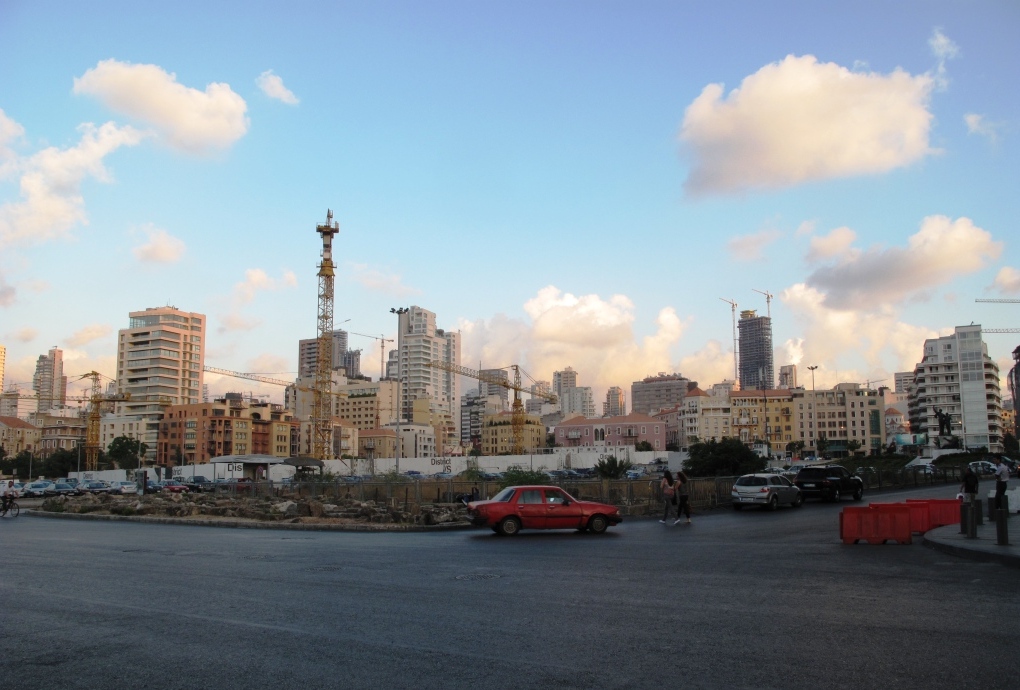Informal tended settlements (ITSs) dismantled in North Bekaa, Lebanon
Since two days ago information started to circulate about the Lebanese Army warning Syrian Refugees in some municipalities in North Bekaa to dismantle their ITSs and leave by the next morning. Officially because some ITSs would be located too close to army bases and checkpoints[1]. But it is also rumoured that heavy weapons were discovered in some of these ITSs or that the army planned to use the sites for military operations.
The next morning I joined my colleagues for voucher distribution – a voucher system through which GVC is distributing water to Syrian and Lebanese families to tackle seasonal water scarcity – also with the idea to monitor the situation. And unfortunately we witness what we had feared. Evicted refugees are packing their stuff and prepare to leave. Mattresses are wrapped, tents’ poles are exposed to view and junk is burning. Flowers that used to surround tents are now hugging empty space. Adults look tired and worried; some of them have plans about their destinations, others are still unsure. Either another location in Bekaa valley or back to Syria. Only a few of them have cars, and several are telling us they are going to reach by foot the new destination.
The scene is appalling, I must admit. We all felt helpless and could do nothing but ask their phone numbers and agree to get in touch a few days later, to check where they moved and possibly keep supporting them.
This fact is probably connected to the increase of tension at country level and the spill over of the Syrian crisis in Lebanon that led to the tightening of border controls and of conditions for Syrian to enter Lebanon[2]. It is reported by Lebanese media that in the last weeks it has become more difficult for Syrians to enter Lebanon through official crossings, unless they can prove to have serious medical conditions, a work permit or a pre-approved visa. Especially young males are turned away.
But it also definitely shows the instability of refugees’ life. They have to cope not only with general lack of means and possibilities, but also with precarious life conditions. Having left their home country, they have to cope with a new system, without the support of their usual safety net. This makes them more vulnerable and generally less aware about their rights and the services they can access to.



















Dejar un comentario
¿Quieres unirte a la conversación?Siéntete libre de contribuir!